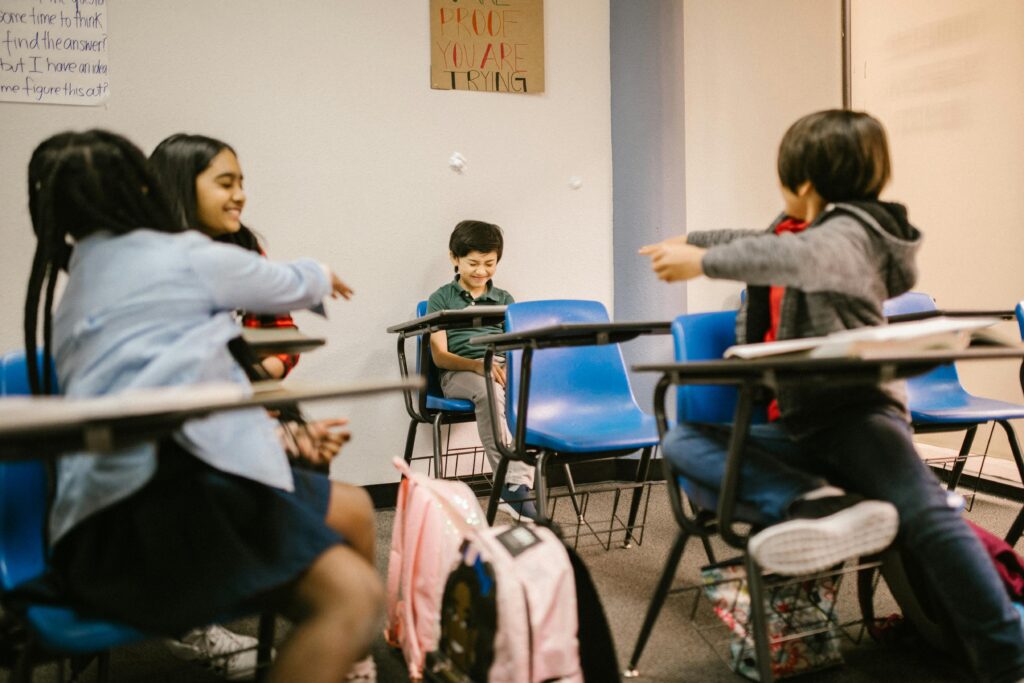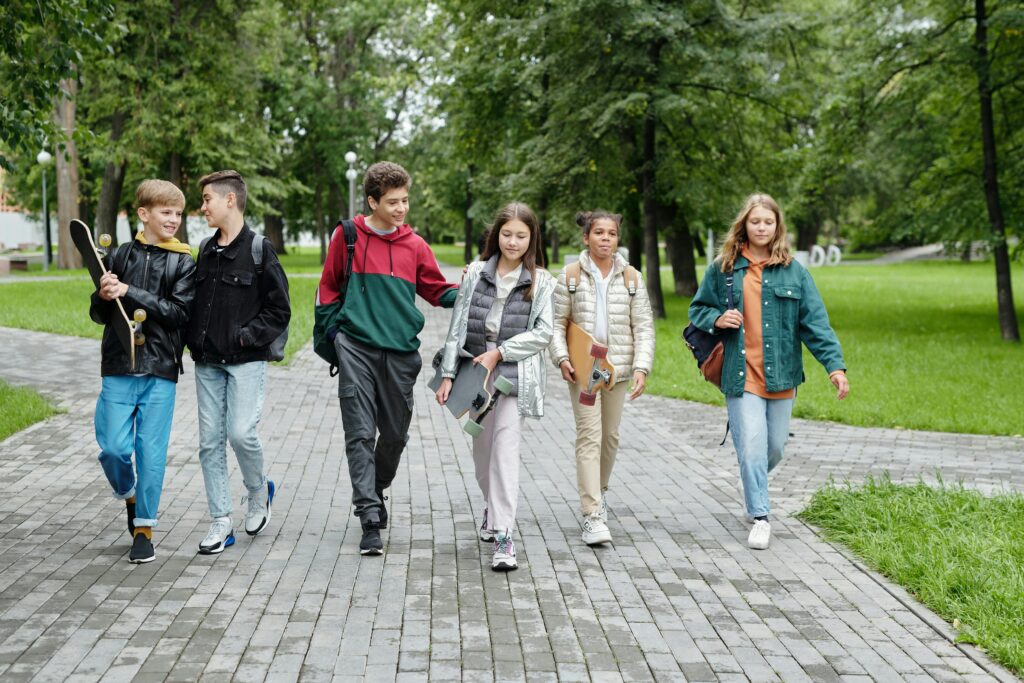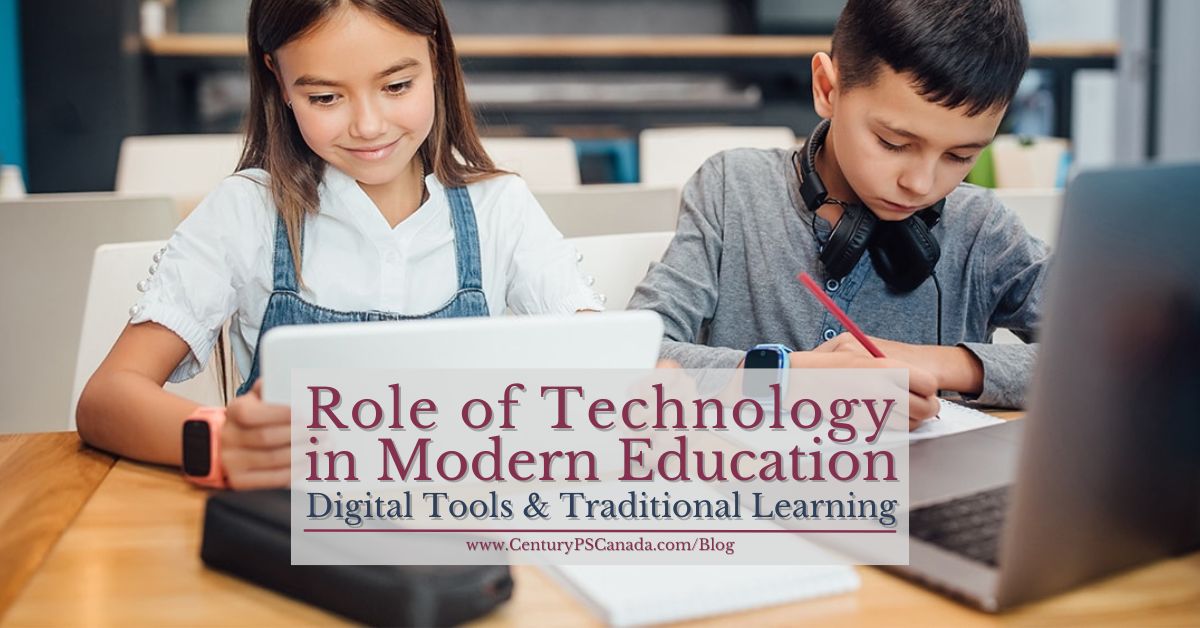As children grow into their teens and tweens, their social landscape becomes increasingly more complex. It’s inevitable that they’ll run into conflicts stemming from clashing personalities, misunderstandings, or hurt feelings, which can cause significant emotional distress. Learning to manage these social conflicts effectively is crucial for young people so they can build resilience, empathy, and healthy relationships. In this blog, we’ll look at various ways in which you as a parent can help your teen and/or tween through social conflicts.
Conflict vs. Bullying – Which is it?
Bullying is defined as repeated one-sided aggression against an individual who can’t effectively defend themselves. On the other hand, social conflict is defined as a natural part of human interaction that can involve disagreements between two or more parties.
While bullying is a serious issue that requires immediate intervention, social conflict can often be resolved through open communication, empathy, and conflict resolution skills. Parents and educators should stay attentive to identify bullying to take appropriate and immediate action. However, it should be noted that not all situations where there is social friction constitutes bullying.

(Photo by RDNE)
Skills for Healthy Conflict Resolution
Each conflict comes as a case-by-case situation but should be approached with these set of skills for healthy conflict resolution:
- Active Listening: Encourage your children to listen attentively. Ensure that they are hearing the other person’s perspective without interrupting or becoming defensive. Active listening fosters deeper understanding of the situation and can help defuse tension between parties.
- Empathy: Understanding the other person’s feelings and motivations can promote compassion, especially when butting heads with a peer. Helping your child understand how to be more empathetic can facilitate conflict resolution.
- Clear Communication: Teach your child to express their thoughts and feelings clearly. Furthermore, ensure that they avoid using accusatory language that may further escalate the conflict.
- Problem-Solving: Guide your children to identify the root cause of the conflict and brainstorm solutions that may address the needs and concerns of all parties involved.
- Compromise: Encourage your children to be open to compromise, where all parties can make concessions to reach a mutually agreeable resolution.
By practicing these skills, teens and tweens can better navigate social conflicts in an effective, constructive, and respectful manner while staying clear of unhealthy mechanisms like avoidance, aggression, or passive-aggressive behavior.
Picking Your Battles
Recognize that not every social conflict requires your intervention or resolution as a parent. Sometimes, the best solution to a minor disagreement or misunderstanding is to let it run its course, as the parties involved may resolve the issue themselves. However, you can encourage your child to assess the importance of the relationship and the severity of the conflict before choosing to address it directly.
Keep it Offline
With the internet, social media, and digital communication being so accessible, it’s important to teach your children to keep their conflicts offline as much as possible. Public displays of conflict can cause the issue to quickly escalate, making it more difficult to resolve the problem peacefully. Encourage teens and tweens to have their difficult conversations in person or over the phone where tone and context can be better conveyed.
If something has spilled onto social media or online chats, suggest taking a break from those platforms until the situation has cooled down. This can prevent further escalation and impulsive reactions or behaviors, allowing for a more level-headed approach to conflict resolution.
When to Seek Support
It’s important to encourage teens and tweens to develop their conflict resolution skills, but there may be times where they are in need of additional support or guidance. If a conflict becomes particularly intense, consider involving a trusted third party. Some examples may be a teacher, counselor, or mediator. A third party may help facilitate a resolution from an objective standpoint.
Additionally, if your child is struggling with significant emotional distress or anxiety due to social conflicts, it may be best to seek professional help from a therapist or counselor. These professionals can provide effective coping strategies that will support and help your child manage their emotions and develop healthy social skills in the long run.
Be a Model For Your Child
As a parent or caregiver, it’s essential to be a model for your child, showcasing healthy conflict resolution in your own relationships and interactions. Children often learn by observing the behaviors of others around them, so demonstrating effective communication, empathy, and problem-solving skills can have a positive impact on how they approach social conflicts.
When conflicts or disagreements arise within your family or social circle, take the opportunity to teach your child through the conflict resolution process openly. Explain your thought process, acknowledge the perspectives of the other parties, and work together to find a mutually acceptable solution. Not only does this reinforce the importance of healthy conflict resolution, but it also provides a practical example for your children to emulate in future situations.

(Photo by Max Fischer)
Social conflicts are inevitable, but they can be used as valuable learning opportunities as children grow older. Teaching healthy conflict resolution strategies can help teens and tweens develop the skills they need to navigate social challenges with respect, empathy, and resilience. The goal is not to eliminate all conflicts, but to equip your children with the necessary tools to manage conflicts in a constructive way to build stronger, more meaningful relationships.
Since 1994, Century Private School has offered a safe, pleasant, and nurturing environment for students from Montessori preschool to high school. We are dedicated to providing first-class education to embrace the vision of our students achieving excellence through their experience at Century Private School.
Be sure to follow us on Instagram and Facebook. If you have any questions about our facilities, contact us or sign up for a private tour here!



